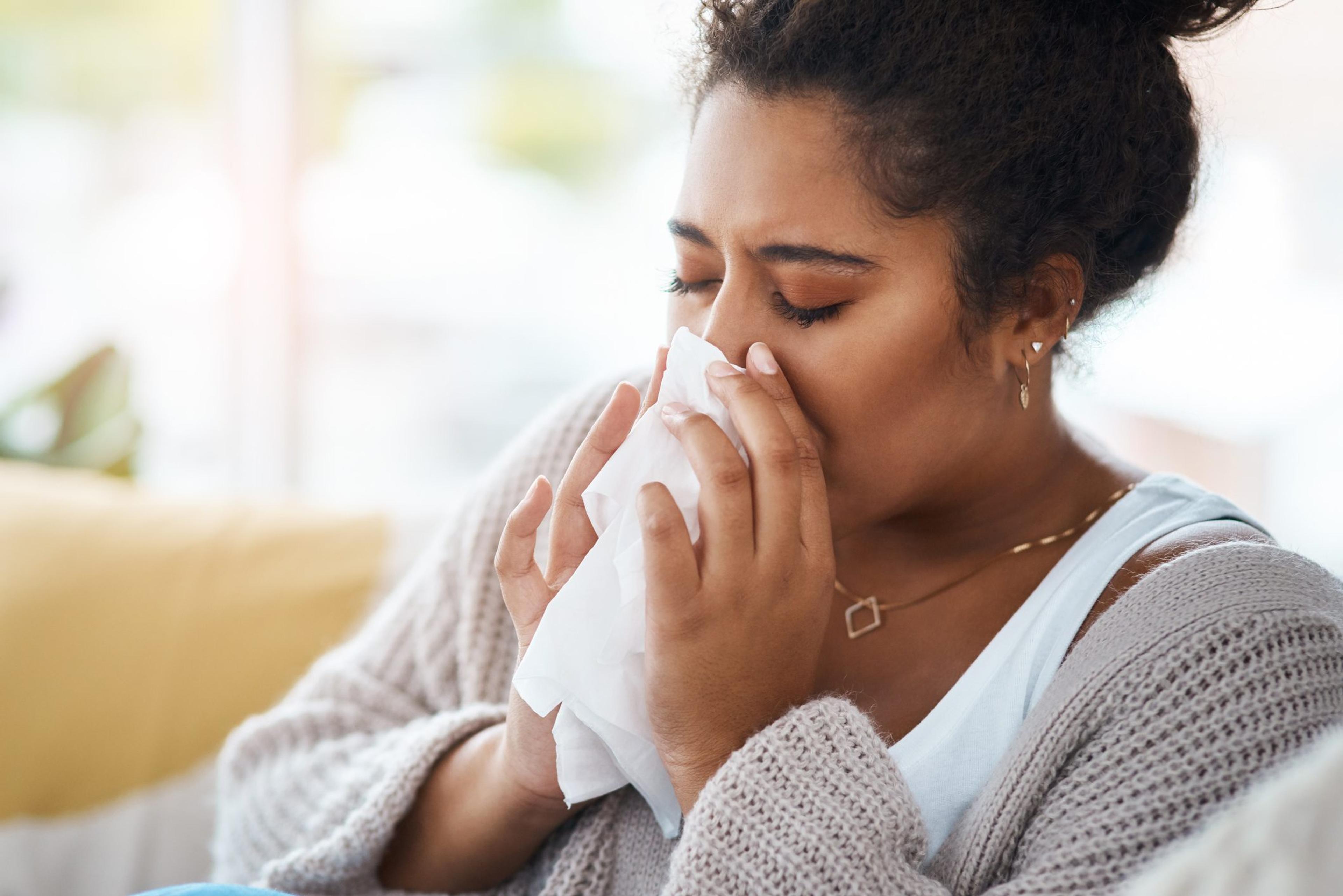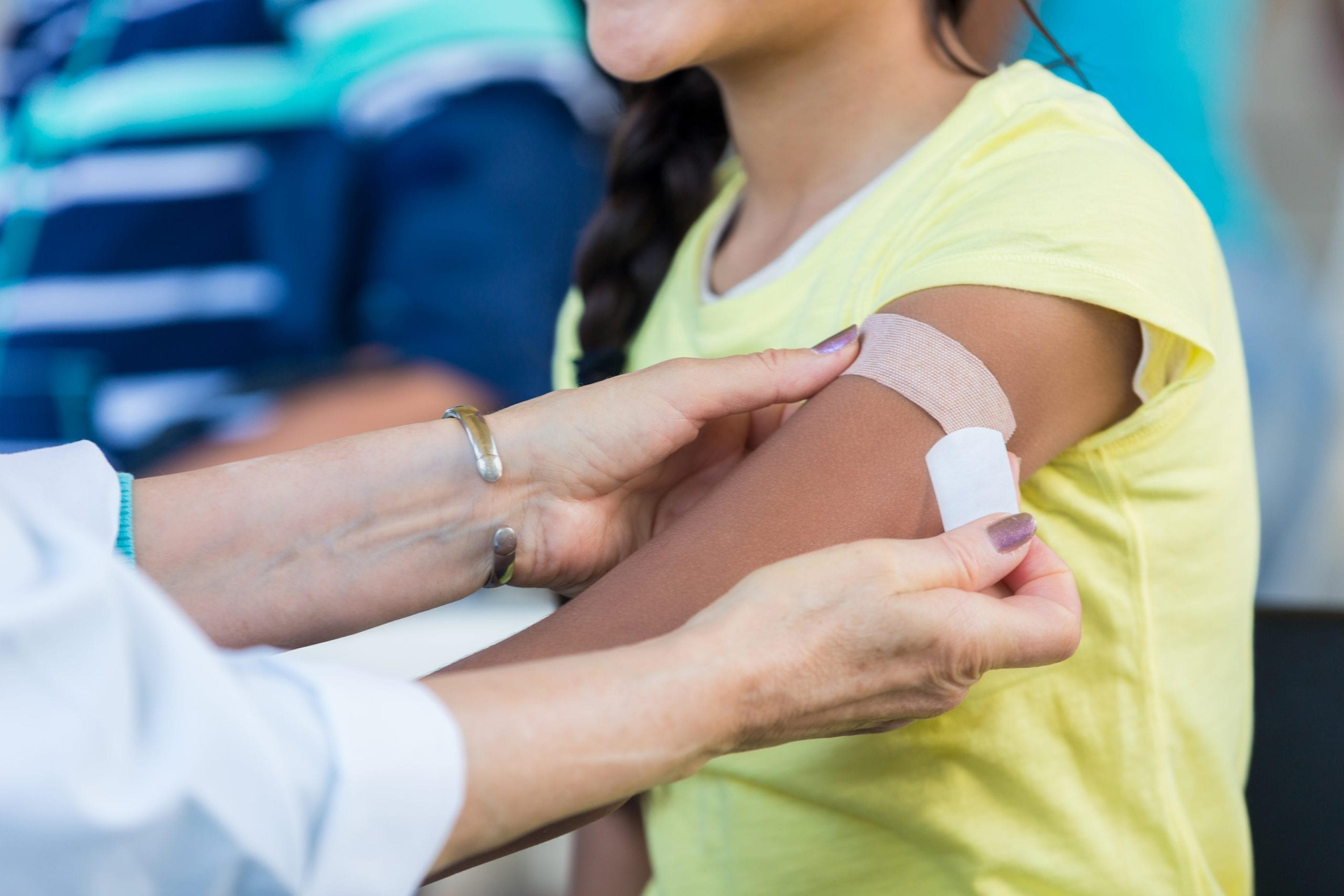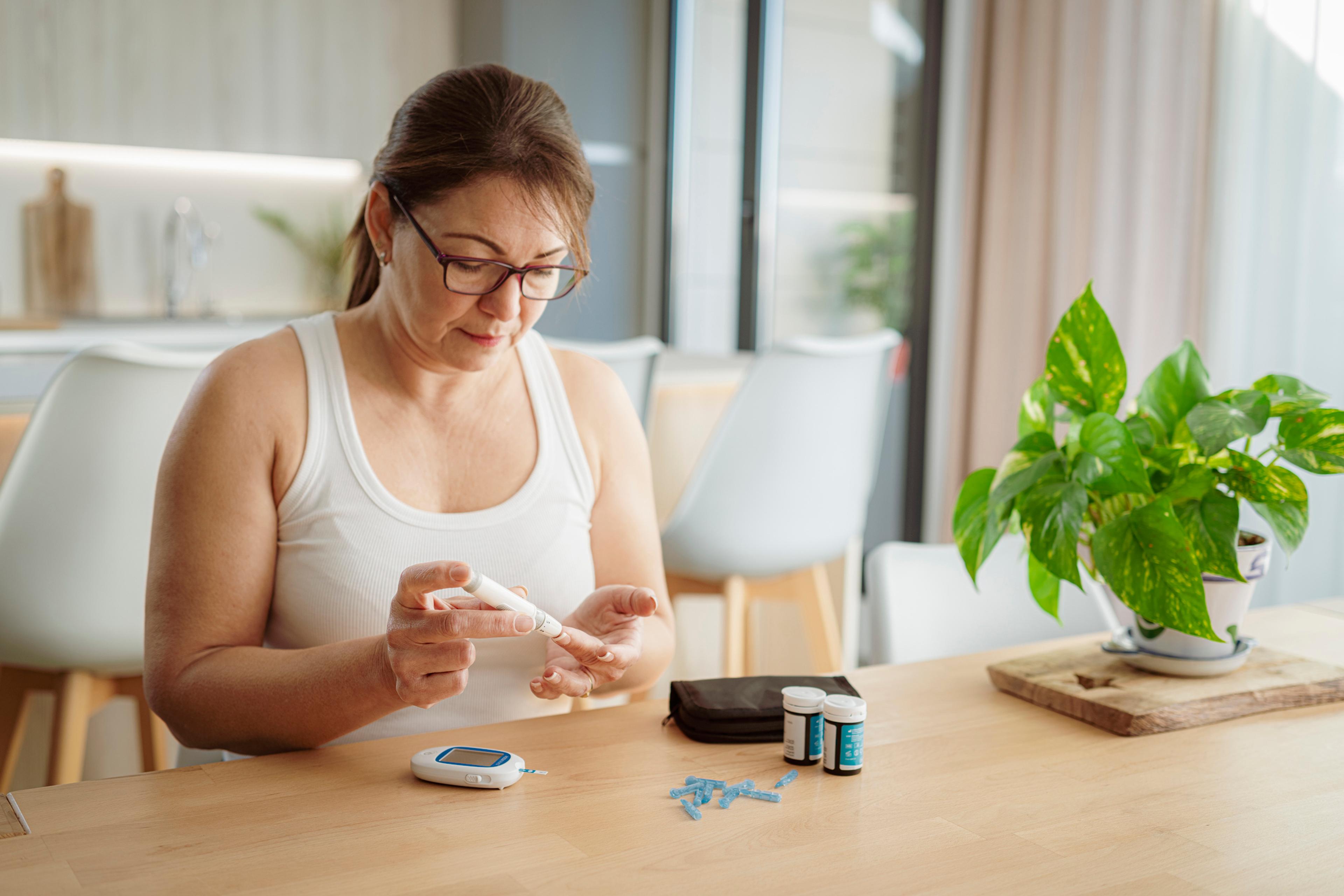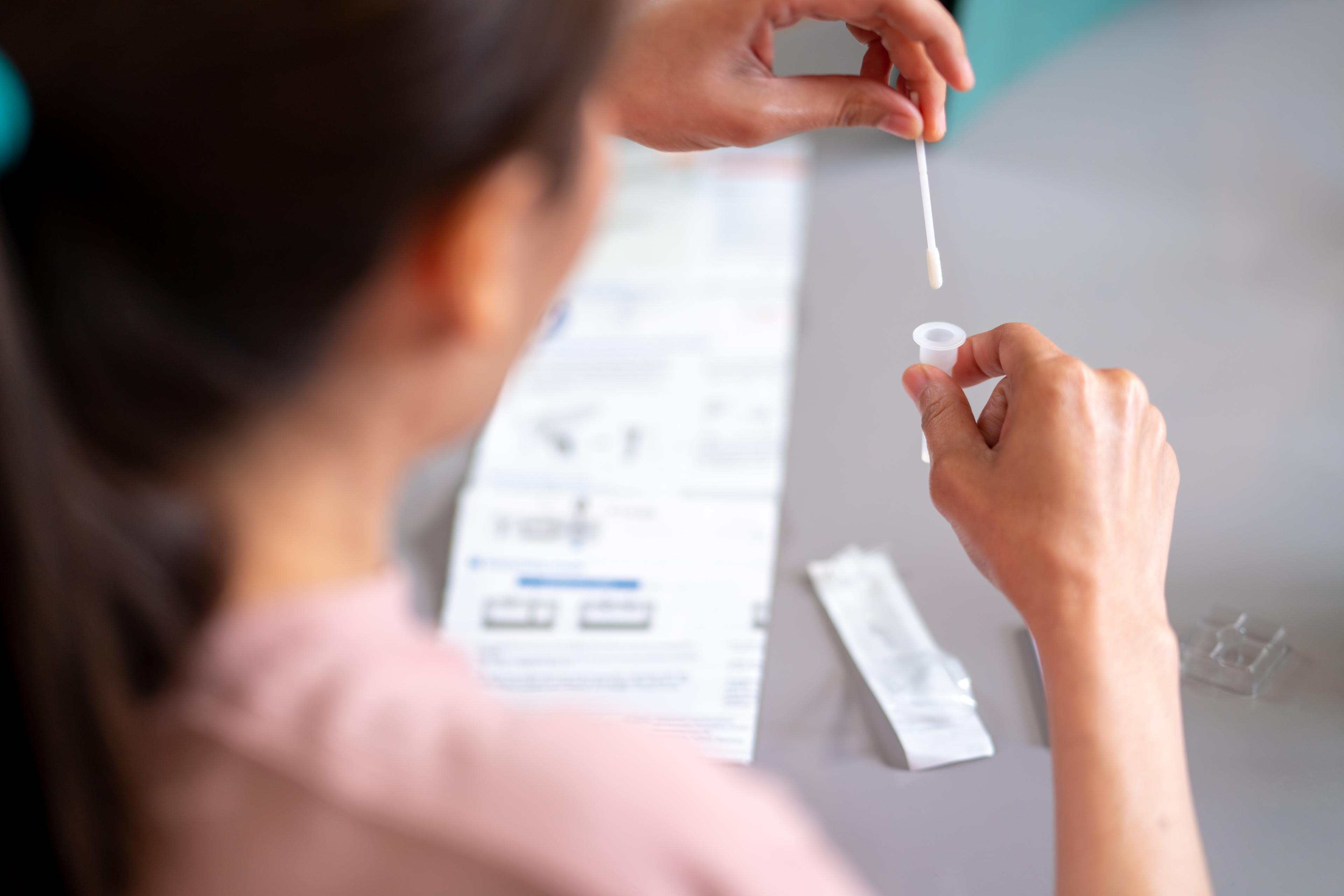Breakthrough COVID-19 Infection? What You Need to Know
Amy Barczy
| 2 min read
Amy Barczy is a former brand journalist who authored...
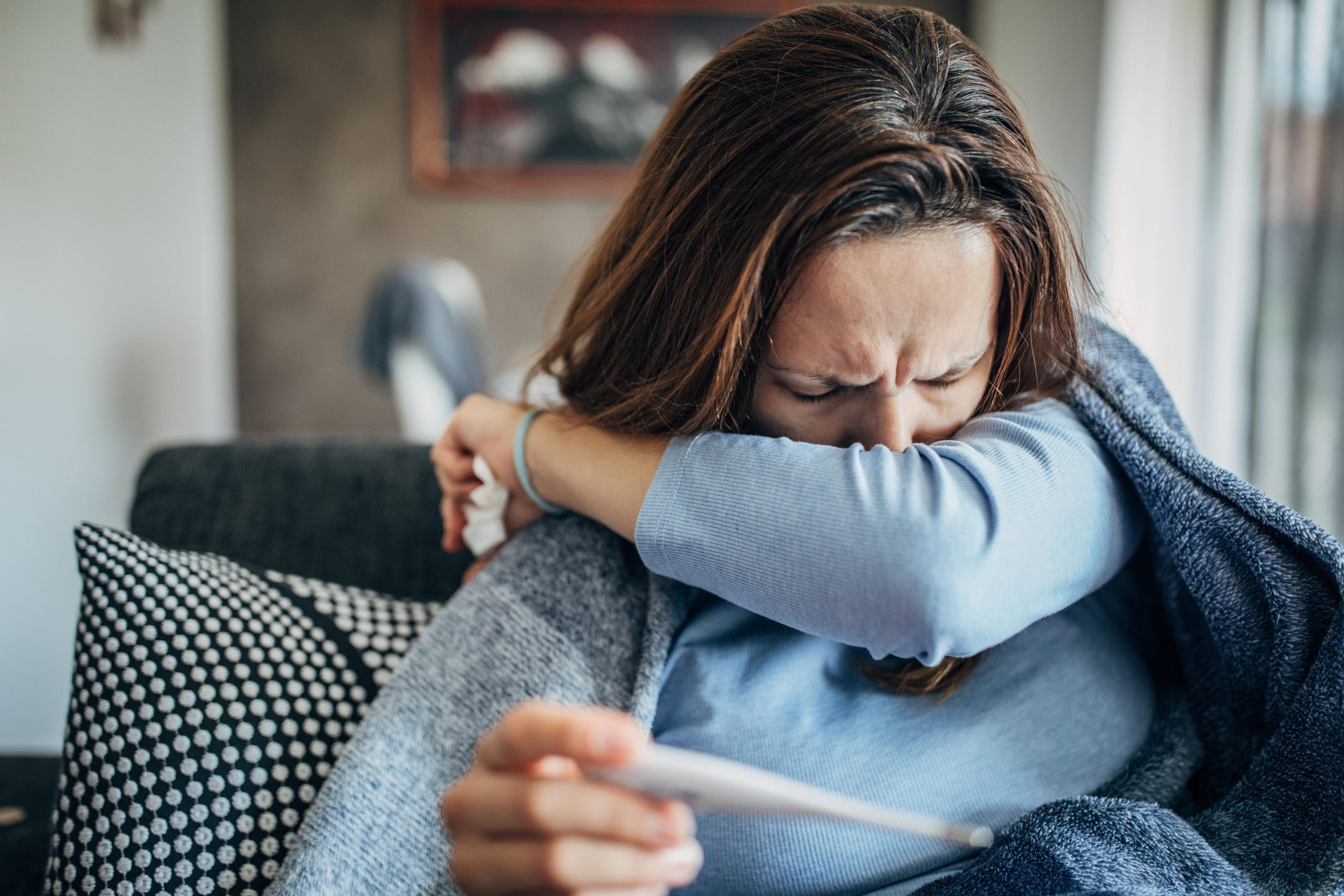
Research has shown that the COVID-19 vaccines available in the U.S. are highly effective in preventing severe illness from the virus. That doesn’t mean, however, that vaccines can prevent an infection 100% of the time – no vaccine has that capability. That means there’s a very small chance that someone who is fully vaccinated might contract COVID-19. Sometimes, they may not show any symptoms at all. Other times, they may experience mild to moderate symptoms, and in extremely rare cases need to be hospitalized. When someone who has been fully vaccinated against COVID-19 gets COVID, it’s called a breakthrough infection. Scientists have learned the following about breakthrough infections:
- People who have been vaccinated and get COVID have less severe illness and have less severe symptoms than unvaccinated individuals who get COVID
- Breakthrough infections are uncommon and rare
- Studies so far show that vaccinated people are eight times less likely to be infected and 25 times less likely to experience hospitalization or death
- People who are at an increased risk of disease – including people with weakened immune systems or who are older – have a greater risk of a breakthrough COVID infection
The U.S. Centers for Disease Control and Prevention have been tracking breakthrough COVID infections closely and report about one hundredth of a percent of the 181 million people who have been vaccinated against COVID-19 in the U.S. have been hospitalized or died. If you have been fully vaccinated against COVID-19 but think you may have symptoms of COVID, here’s what you need to do:
- Get tested for COVID-19
- Stay home
- Discuss how long you need to self-isolate from others with your health care provider if your test is positive for COVID-19
- Wear a mask when around others to lower your chance of spreading it
COVID-19 vaccines are available for people age 12 years and up in the U.S. and may soon be available to children ages five years old to 11 years old. You’re considered fully vaccinated against COVID two weeks after your second dose of the Pfizer or Moderna vaccines, or two weeks after your dose of the Johnson & Johnson vaccine – which only requires one shot to be effective. Find a COVID-19 vaccination location near you at vaccines.gov. Photo credit: Getty Images

